Amid a wave of romaine lettuce E. coli outbreak headlines, an agtech company says its advanced indoor cultivation pods can grow lettuce and other produce without the contamination risk that is associated with other farming methods.
Corona, California-based agtech company, Grow Pod Solutions develops modular, stackable and mobile vertical growing containers to cultivate food in a pure, clean environment.
“We provide farm-to-table freshness with 100 percent traceability,” said George Natzic, president of Grow Pod Solutions. “And through our proprietary water and air delivery systems, we can guarantee that our plants are free of harmful pathogens.”
Grow Pod allows businesses, entrepreneurs, restaurateurs, grocery stores, schools and organizations to grow fresh, healthy food on-site that is free from disease, pesticides and dangerous chemicals.
The company’s patented bipolar air ionization reduces airborne pollutants and creates a medical-grade growing environment. The process delivers ionized oxygen molecules – capable of neutralizing chemical compounds and VOCs, and sterilizing mold and bacteria – to create the optimal environment for safe cultivation.
The hydroponic growing system uses sterile water and purified air in a sealed and filtered environment, eliminating the sources of contamination. In a news release, Grow Pod Solutions says the technology is, “especially important given the recent recall of lettuce due to E. coli contamination.”
The Food and Drug Administration (FDA) and Centers for Disease Control and Prevention (CDC) found the E. coli outbreak affecting romaine lettuce is traceable to six counties in California, according to a report from the FDA released on Nov. 30.
Current evidence shows the romaine lettuce was harvested in Monterey, San Benito, San Luis Obispo, Santa Barbara, Santa Cruz and Ventura counties. These counties are in the Central Coast growing regions of Northern and Central California.
The FDA reiterated its warning that consumers avoid all romaine products that don’t include new labels that identify the growing region and the date harvested of the lettuce.
E. coli can be shed in the feces of cattle, poultry and other animals, polluting water used to irrigate crops and the soil where fruits and vegetables are grown. Leafy greens, such as lettuce and spinach, can become contaminated during and after harvest from handling, storing and being transported.
Altogether there have been 43 cases of illnesses and 16 hospitalizations reported in 12 states.

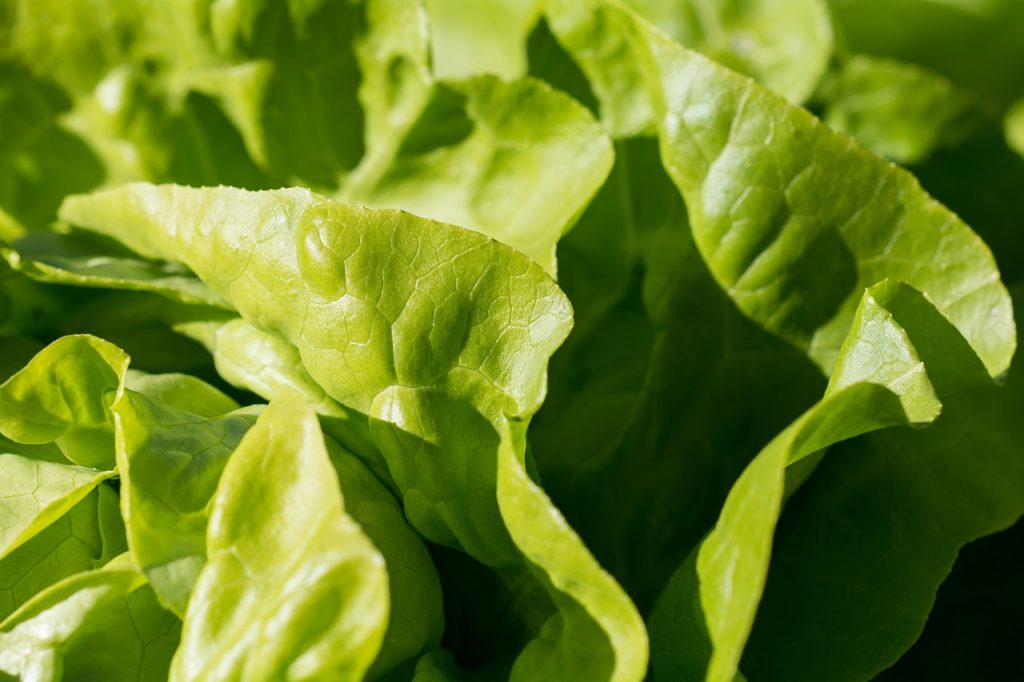
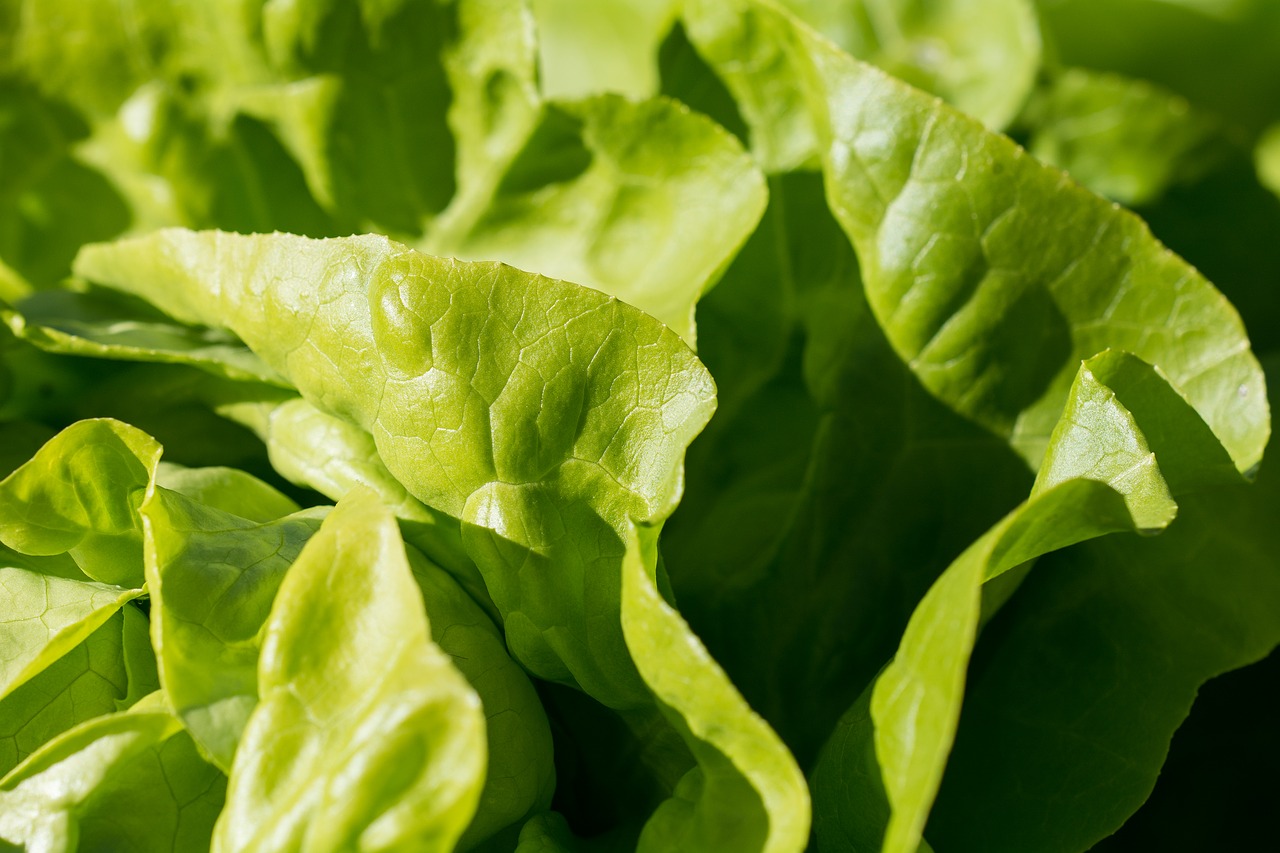
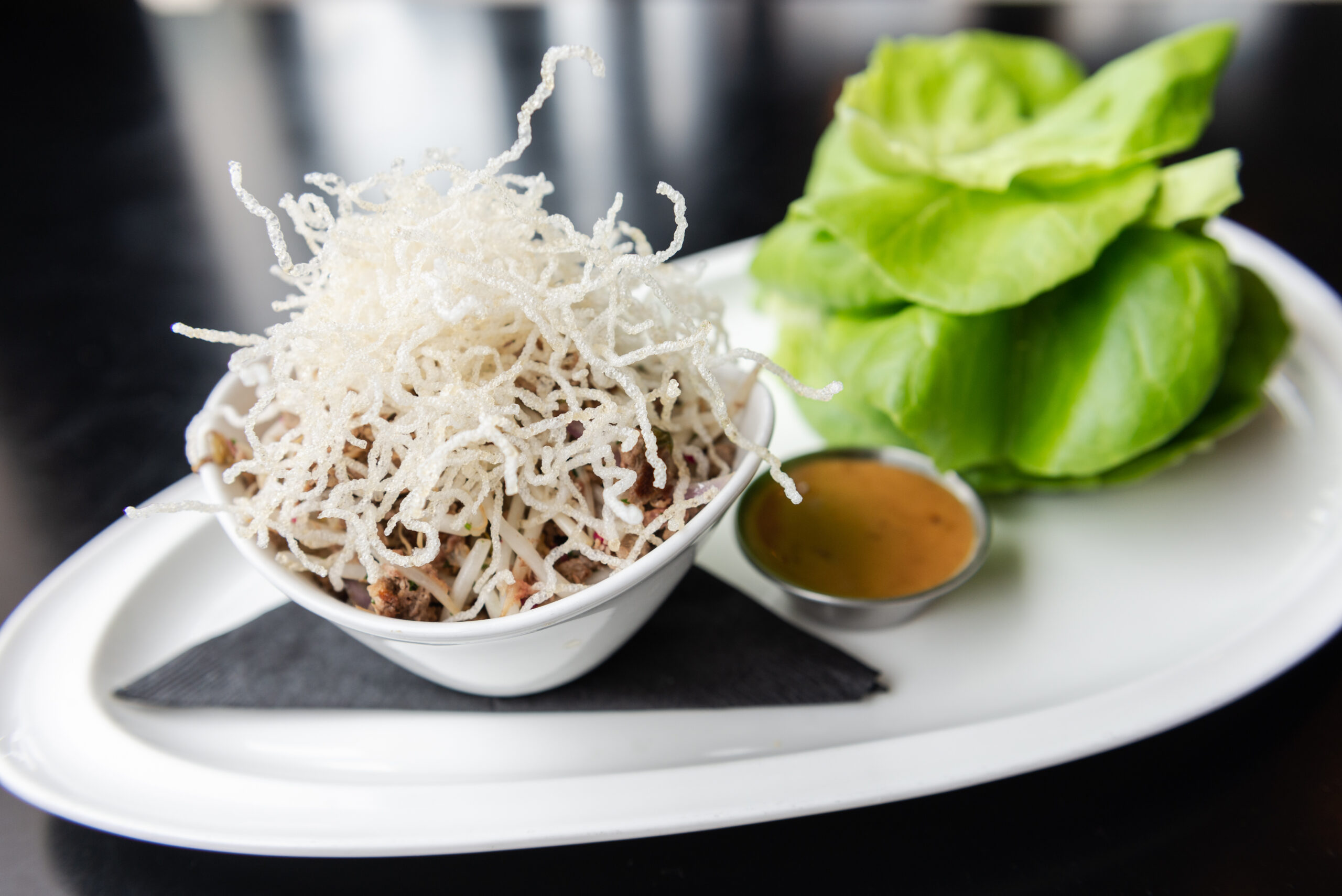
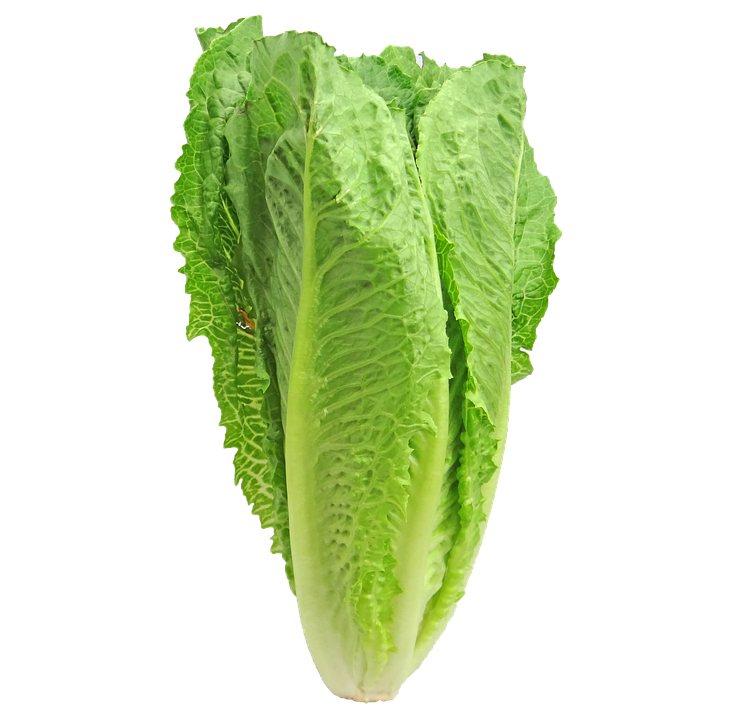
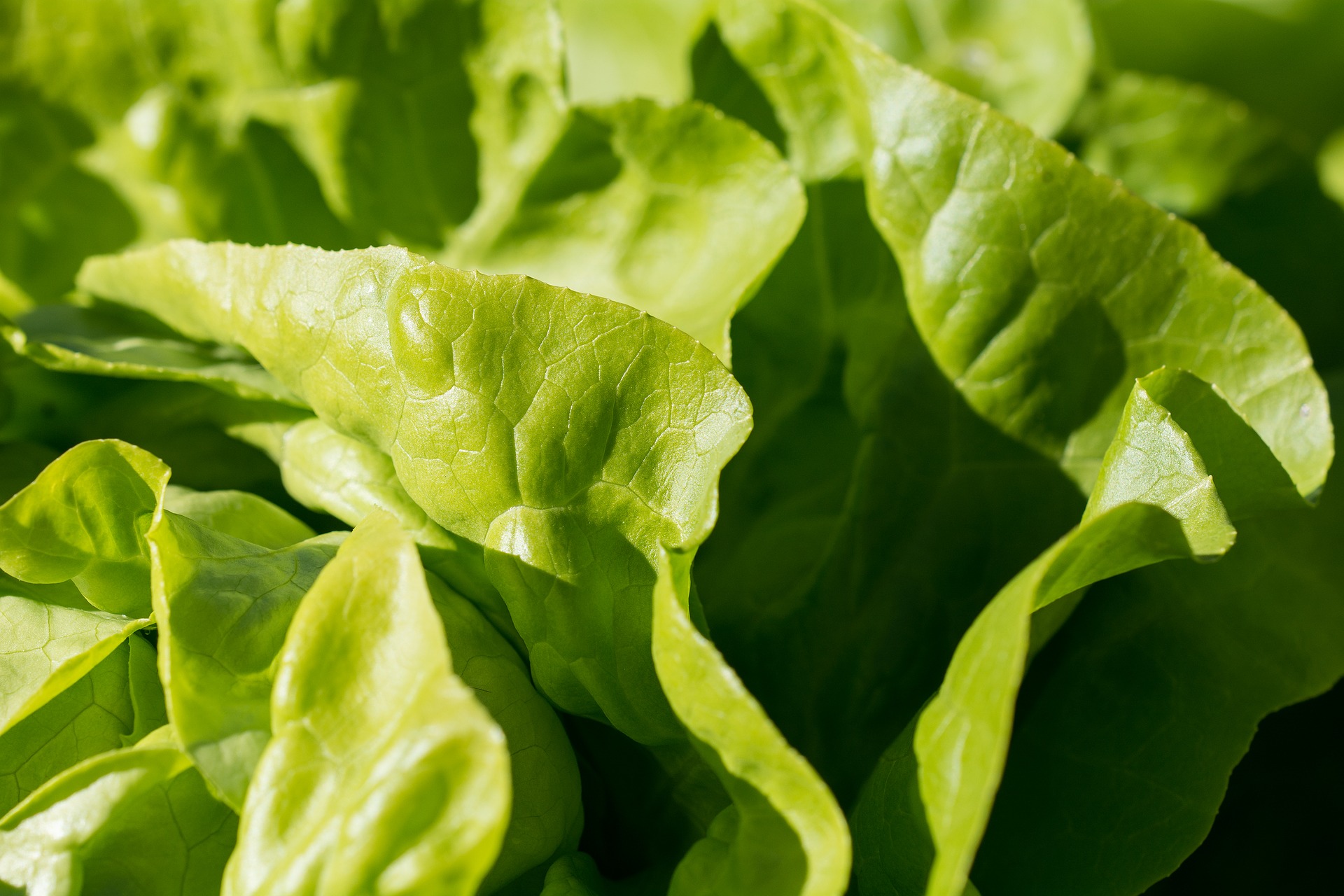






Join or login to leave a comment
JOIN LOGIN